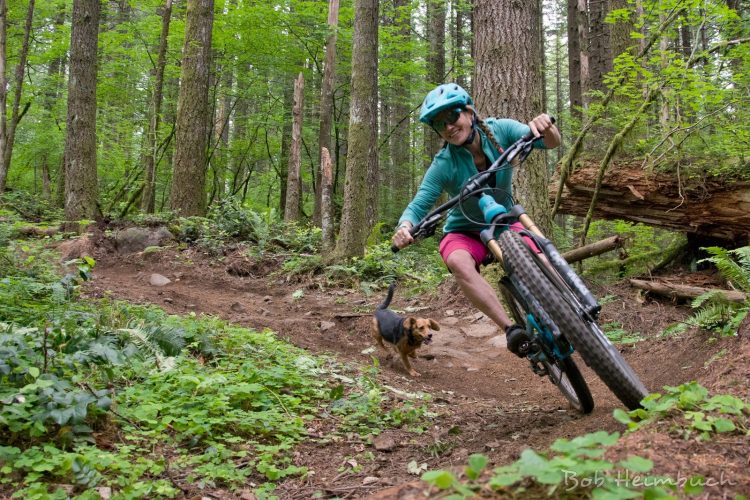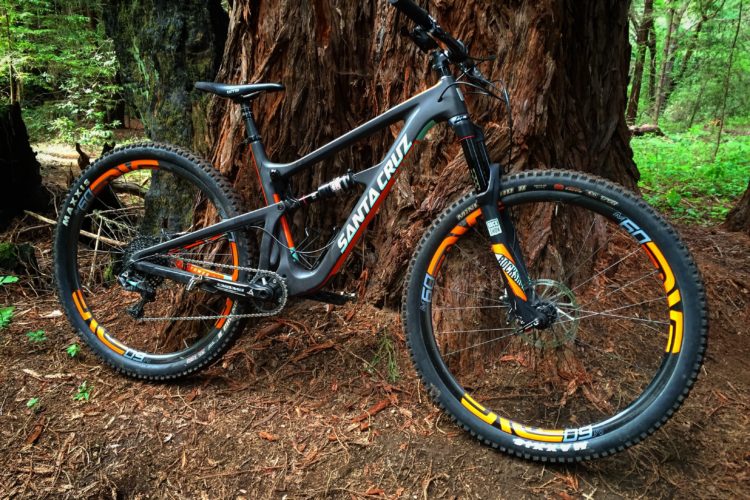Following a day of trail maintenance in October 2017, members of Mountain Bikers of Santa Cruz (MBOSC) realized that many of their active volunteers also happened to be academics in fields including soil science, geology, and social dynamics.
This realization kicked off a new science committee that conducted a comprehensive analysis of scientific studies on the relationships between nature and recreational trail users, including hikers, equestrians, and mountain bikers. The study focused on hydrology and geology, plants and wildlife, and social issues.

Among their “meta-study” findings:
- In general, the studies showed no statistically significant difference in soil erosion, excavation, ruts, and trail widening between hiking and biking, and both have less impact than horse riding.
- On properly built and well-maintained trails, no measurable difference is seen between the relative impacts caused by mountain biker and hiker user groups.
- User-created trails are unplanned and don’t undergo the rigorous environmental review and design that officially sanctioned trails do.
- Impacts on wildlife are similar whether the human interaction is with hikers, bikers, or equestrians. Some animals were found to be less disturbed by bikers than other types of trail users.
- Birds tend to be more adversely affected when users make frequent stops along a trail or when they make more noise.
- Unsanctioned trails are not isolated to mountain bikers and are often a symptom of an unmet need for legitimate trail options.
In addition, within each topic area, the review lists the best practices that riders can follow to minimize their impact on trails, wildlife, and other trail users.

MBOSC hopes that the Mountain Biking Impact Review helps mountain bikers think about the broader environment in which we practice our sport. We are part of a larger community of trail users and a complex ecosystem that we directly affect. It is important that we understand our impacts and make responsible decisions about how and where we ride.
While this is certainly not the last word on the issues surrounding mountain biking in the wilderness or public lands in general, this report creates a good foundation that trail stewards, local organizations, or even individuals can build upon to create more sustainable relationships with land managers and the general public. Whether you are a trail builder, a land manager, or simply someone who cares about their local trails, give this a read.



















